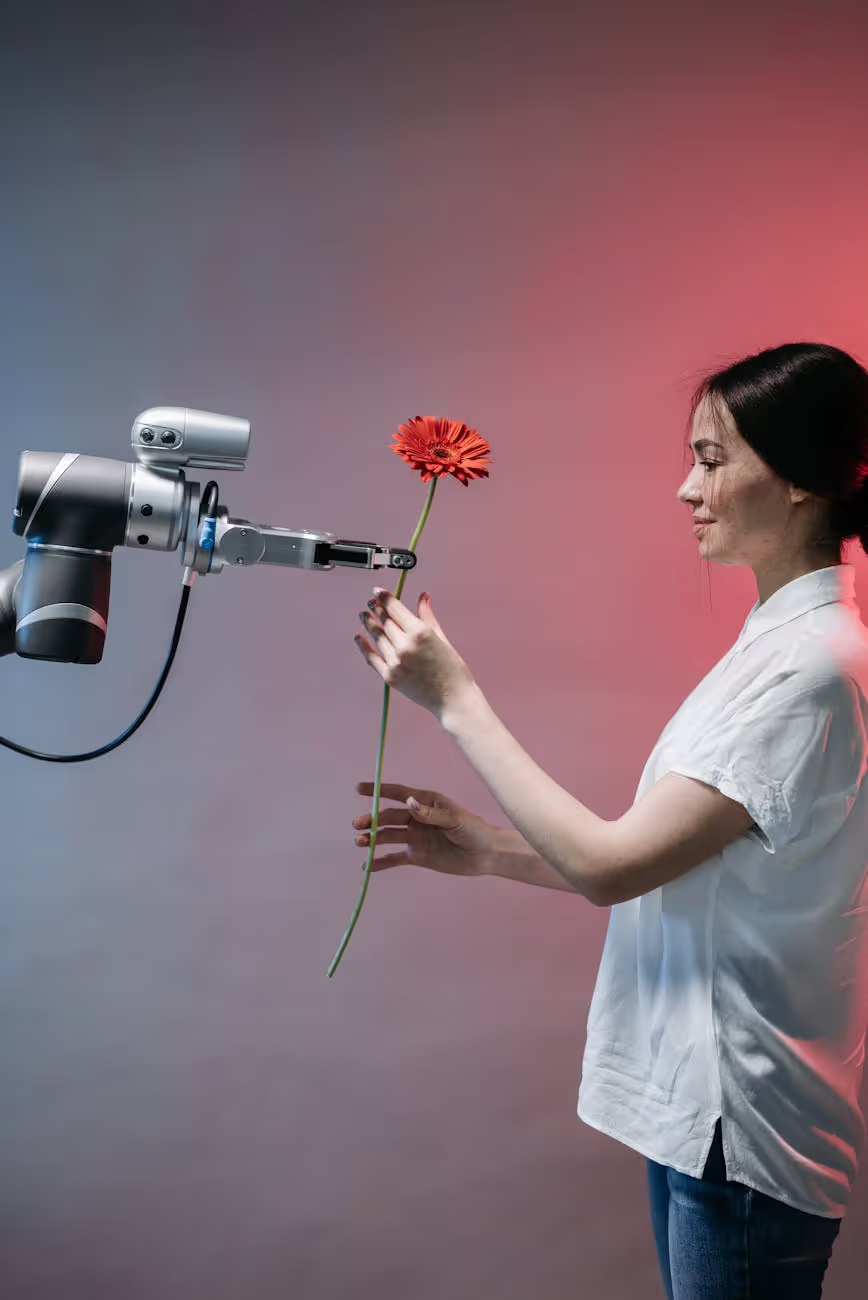The Evolution of AI
Artificial intelligence, in its essence, refers to the simulation of human intelligence in machines, enabling them to perform tasks that typically require human cognition. While the roots of AI can be traced back to ancient times, it wasn't until the mid-20th century that significant strides were made in its development. The birth of modern AI can be attributed to the pioneering work of individuals like Alan Turing, who laid the theoretical groundwork, and John McCarthy, who coined the term "artificial intelligence" in 1956.
Over the decades, AI has undergone several paradigm shifts, propelled by advancements in computing power, algorithms, and data availability. From rule-based expert systems to machine learning and deep learning models, AI has evolved into a multifaceted discipline with applications spanning diverse domains such as healthcare, finance, transportation, and entertainment.
Transforming Industries

One of the most profound impacts of AI lies in its ability to transform industries and redefine the way we work, communicate, and interact with the world around us. In healthcare, AI-powered diagnostic tools can analyze medical images, detect anomalies, and assist healthcare professionals in making more accurate diagnoses. In finance, algorithmic trading systems can process vast amounts of data in real-time, enabling faster and more informed investment decisions.
Moreover, AI has revolutionized customer service with chatbots and virtual assistants, personalized recommendations in e-commerce, and predictive maintenance in manufacturing. Its potential to streamline processes, optimize resources, and drive innovation has made it indispensable in the modern business landscape.
Ethical and Societal Implications

One of the most profound impacts of AI lies in its ability to transform industries and redefine the way we work, communicate, and interact with the world around us. In healthcare, AI-powered diagnostic tools can analyze medical images, detect anomalies, and assist healthcare professionals in making more accurate diagnoses. In finance, algorithmic trading systems can process vast amounts of data in real-time, enabling faster and more informed investment decisions.
Moreover, AI has revolutionized customer service with chatbots and virtual assistants, personalized recommendations in e-commerce, and predictive maintenance in manufacturing. Its potential to streamline processes, optimize resources, and drive innovation has made it indispensable in the modern business landscape.
Shaping the Future

Despite these challenges, the potential of AI to drive positive change cannot be overstated. From enhancing healthcare outcomes and mitigating climate change to advancing scientific research and fostering creativity, AI holds the promise of a brighter future for humanity.
However, realizing this vision requires a collaborative effort involving policymakers, technologists, ethicists, and society at large. It demands a commitment to responsible AI development, encompassing principles of transparency, accountability, and inclusivity. By harnessing the power of AI responsibly, we can navigate the complexities of the digital age and create a future where technology serves as a force for good.
Conclusion
the impact of artificial intelligence is both profound and multifaceted, touching every aspect of our lives and reshaping the world as we know it. As we stand on the threshold of a new era defined by unprecedented technological innovation, it is crucial to approach the development and deployment of AI with foresight, empathy, and a steadfast commitment to the common good. Only then can we unlock the full potential of AI as a catalyst for progress and human flourishing in the 21st century and beyond.



